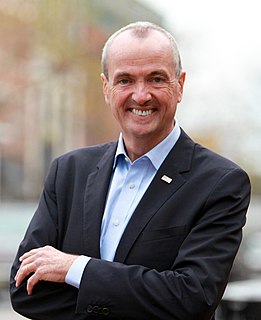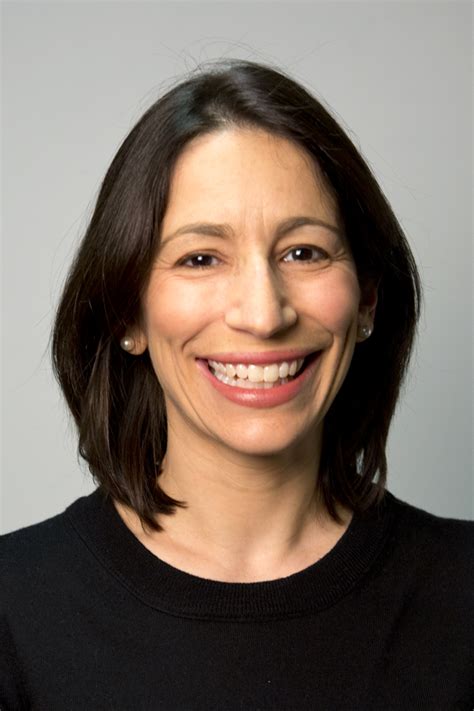A Quote by Phil Murphy
What is the deepest passion for me and for us is the historic investment in the middle class and in - as I say often because I was that guy growing up - the dreams of those who look up who want to get into the middle class. That I feel the strongest about.
Related Quotes
I felt like the luckiest kid in the world. And I was. I was growing up middle-class in a time when growing up middle-class in America meant there would be jobs for my parents, good schools for me to prepare myself for a career, and, if I worked hard and played by the rules, a chance for me to do anything I wanted.
The wedding is the chief ceremony of the middle-class mythology, and it functions as the official entrée of the spouses to their middle-class status. This is the real meaning of saving up to get married. The young couple struggles to set up an image of comfortable life which they will be forced to live up to in the years that follow.
The American middle class, it seems to me, is looking to politicians now to satisfy a pretty basic - and urgent - level of need. Yet people in the upper middle class - with their excellent health benefits, schools, salaries, retirement plans, nannies and private afterschool programs - have journeyed so far from that level of need that, it often seems to me, they literally cannot hear what resonates with the middle class. That creates a problematic blind spot for those who write, edit or produce what comes to be known about our politicians and their policies.
The government decides to try to increase the middle class by subsidizing things that middle class people have: If middle-class people go to college and own homes, then surely if more people go to college and own homes, we’ll have more middle-class people. But homeownership and college aren’t causes of middle-class status, they’re markers for possessing the kinds of traits — self-discipline, the ability to defer gratification, etc. — that let you enter, and stay, in the middle class. Subsidizing the markers doesn’t produce the traits; if anything, it undermines them.

































